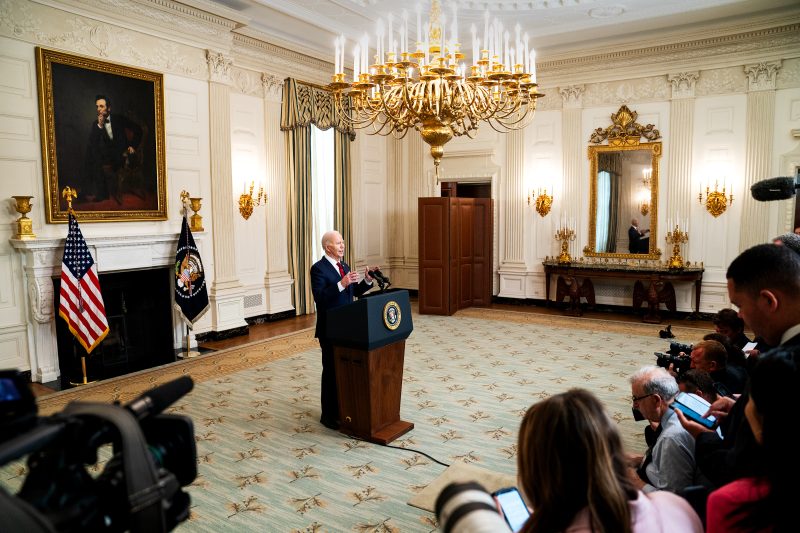TikTok and the U.S. Government: Legal Battle Escalates
The ongoing legal war between TikTok and the U.S. government has captured the attention of both technology enthusiasts and policy experts worldwide. At the heart of the conflict lies the concern raised by the United States that the popular social media platform poses national security risks due to its Chinese ownership under ByteDance. As TikTok continues to defend its operations and seek legal remedies against the imposed restrictions, the situation highlights the complexities of navigating international relationships in the digital age.
The crux of the issue revolves around data privacy and national security, with the U.S. government accusing TikTok of potentially mishandling user data and being subject to influence by the Chinese government. This has raised alarms in Washington, prompting actions to limit TikTok’s presence within the country and potentially force a sale to a U.S.-based company.
TikTok has vehemently denied these allegations, claiming that it operates independently from ByteDance and stores user data securely. The company has taken steps to increase transparency, including opening its algorithm for review and establishing data centers in the U.S. to further assuage concerns about data security.
As the legal battle intensifies, TikTok has strategically mobilized its user base to rally behind the platform, emphasizing its positive impact on creativity, entertainment, and community building. Influencers and content creators have leveraged their reach to advocate for TikTok’s continued operation in the U.S., highlighting its role as a platform for free expression and cultural exchange.
Meanwhile, the U.S. government remains steadfast in its position, citing broader national security implications and the need to safeguard American interests in the digital sphere. The legal battle between TikTok and the U.S. government is emblematic of the larger geopolitical tensions surrounding technology, privacy, and security in an interconnected world.
The outcome of this legal war will have far-reaching implications for the future of tech regulation and international digital governance. It underscores the need for clear guidelines and frameworks to address security concerns while promoting innovation and global cooperation in the tech industry.
As TikTok and the U.S. government dig in for a protracted legal battle, the stakes are high for both parties, as well as the millions of users who have made TikTok a cultural phenomenon. The resolution of this conflict will shape the trajectory of tech policy and international relations for years to come, highlighting the complex interplay between technology, security, and geopolitics in the modern era.
